

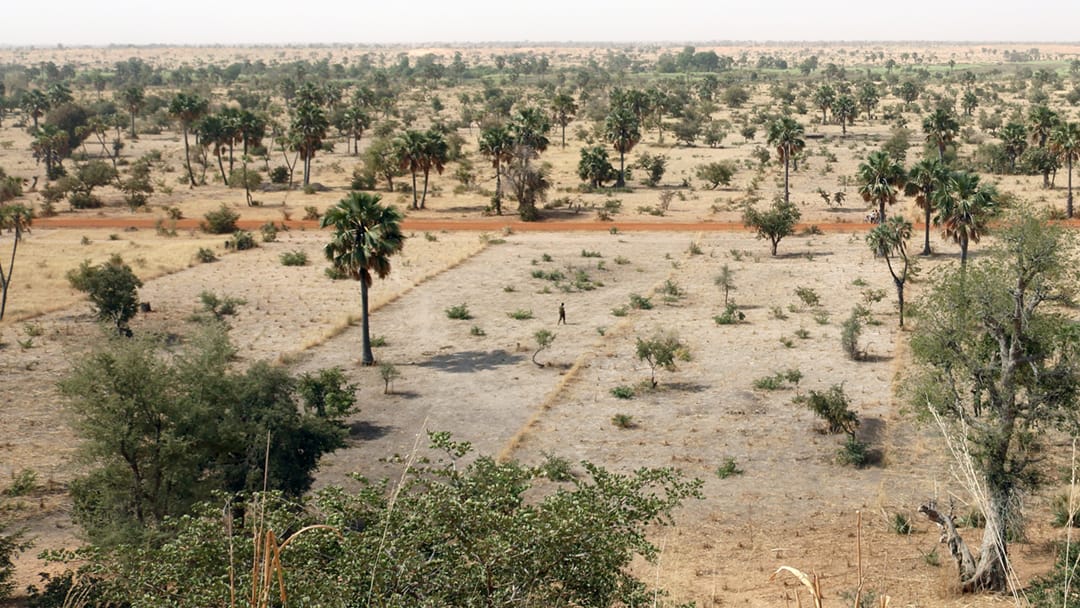
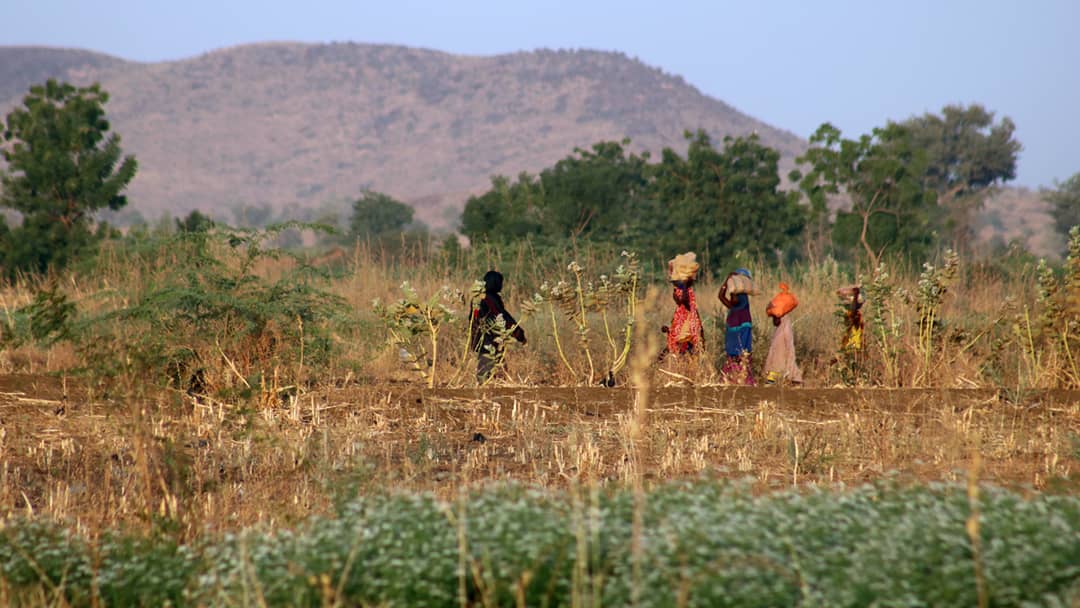

Communities regreen
the Sahel
Since 2017
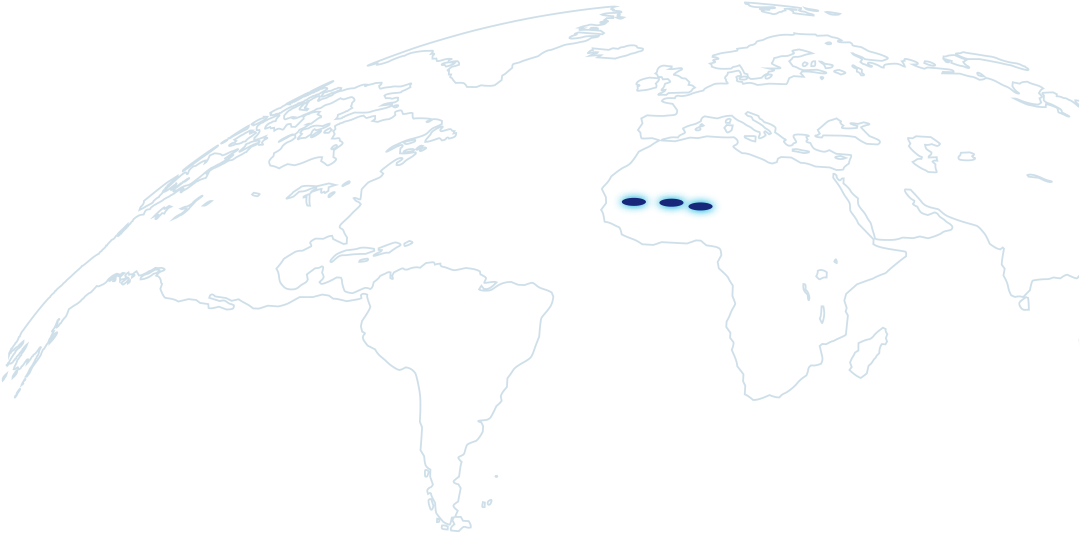
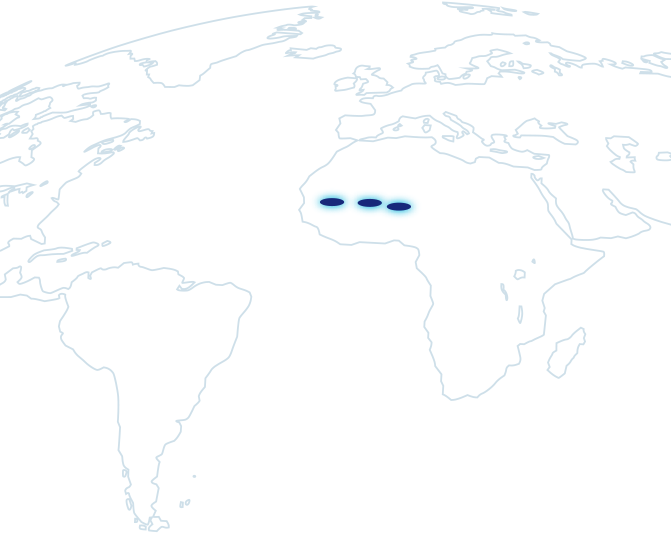
in cooperation with:
• Niger: Centre Régional d'Enseignement Spécialisé en Agriculture (CRESA), and INRAN, , MBR, Tchanjin Rayuwa, CNCOD, HIMMA.
• Burkina Faso: Secrétariat Permanent des ONG (SPONG), and INERA, APIL, APEDR, ASMADE, Tiipaalga
• Senegal: Innovation, Environnement, Développement Afrique (IED Afrique), and ISRA-CNRF, ENDA Pronat, ENDA Energie, JIG-JAM, URAPD, Jambaar, RECODEF, CACN, ARJPN, APAM
In the drylands of the Sahel, land degradation is one of the biggest threats to the traditional livelihoods of millions of people. Niger, Burkina Faso and Senegal are countries that are highly affected by droughts and food insecurity. Here, the loss of productive and fertile land threatens the livelihoods of both farming communities and pastoralists. Unsustainable agricultural practices as well as overgrazing are major drivers of land degradation. This process is exacerbated by changes in climate that result in even more erratic rainfall patterns, longer periods of drought and unpredictable growing seasons.
This programme supports local communities with a sustainable and low-cost method known as Farmer-Managed Natural Regeneration (FMNR). Through FMNR, farmers in the Sahel regreen their land by allowing the dormant but still living ‘underground forest’ of roots, stubs and seeds to sprout spontaneously and then to manage their growth. Farmers receive support and training to nurture the natural re-growth of native plants. These plants increase soil fertility and water retention capacity while serving as a source of food and income for local people.
In addition, the programme supports farmers to improve their production methods and gain access to markets by establishing or strengthening farmer cooperatives. Finally, advocacy at the local, national and international levels aims to create government policies, laws and mobilise finance for the up-scaling of FMNR throughout the Sahel. This work is supported by field research to identify systematically the social and environmental benefits of FMNR.
By the end of 2023, the programme had achieved more than 115,000 hectares of regreened land with more than 57,000 farmers adopting FNMR.
Restore more than 140,000 hectares of degraded land in Senegal, Niger and Burkina Faso by communities using the Farmer-Managed Natural Regeneration (FMNR) approach.
Including:
Livelihood benefits are generated for farmers applying FMNR and other improved production methods.
See the article(s) below:
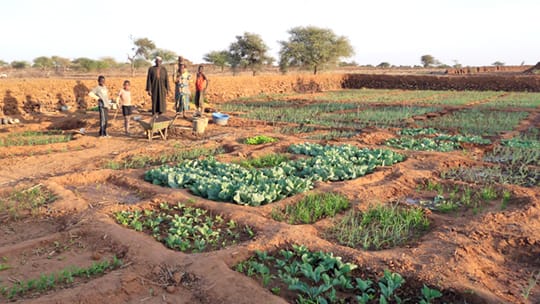
In this program, our partners successfully apply Farmer Managed Natural Regeneration. This means it is fully led and owned by the local community, including farmers, cattle-herders, women and the younger generation.
Photocredits
– All photo’s © Both ENDS